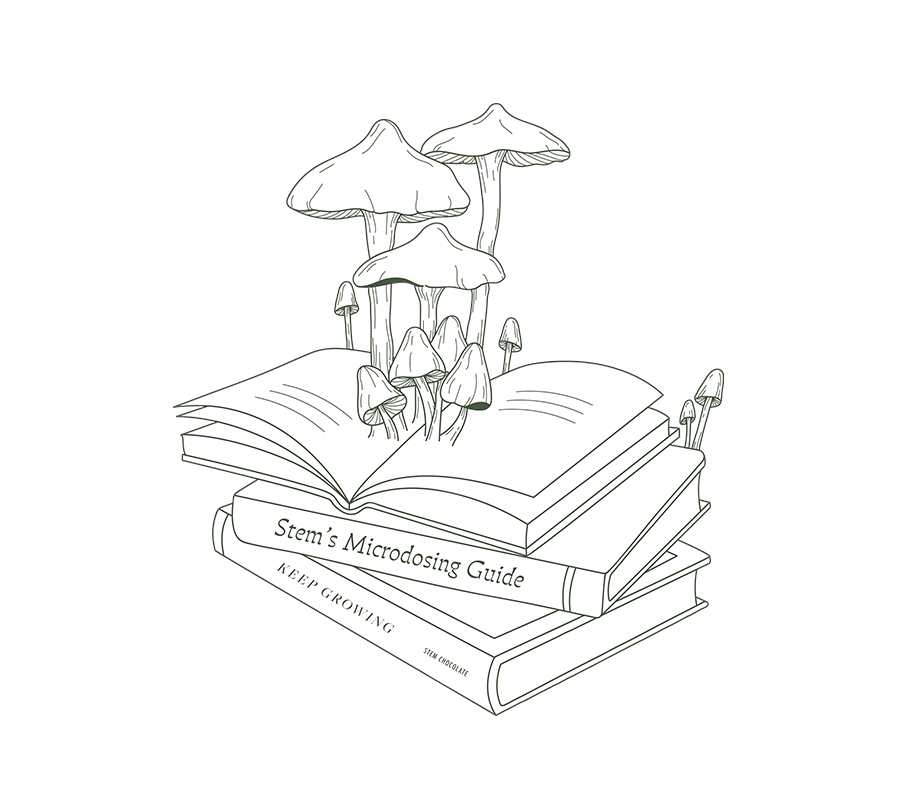Original Toronto Star Post by Peter Jackson
Four Canadian cancer patients have been granted permission to use psilocybin as a treatment for end-of-life distress, a groundbreaking role for the hallucinogen in health care.
Federal Health Minister Patty Hajdu approved the use through the Office of Controlled Substances. The application was submitted more than 100 days ago.
Spencer Hawkswell, executive director of Therapsil, said the non-profit organization decided to go through the minister after a more general application to Health Canada submitted in 2017 was rejected two years later.
“Obviously, bureaucracy is not a human being,” Hawkswell told The Telegram. “People have compassion. Bureaucracies don’t always have compassion.”
Therapsil is a coalition of health-care professionals that has been pushing for therapeutic use of the psilocybin in small doses for patients in palliative care. The drug is naturally found in several species of fungi commonly referred to as magic mushrooms.
“In an ideal situation, these decisions are not made by the Office of Controlled Substances. They are made by doctors and patients,” Hawkswell said.
One of the four patients said she’s delighted with the minister’s decision.
“The acknowledgment of the pain and anxiety that I have been suffering with means a lot to me, and I am feeling quite emotional today as a result,” Laurie Brooks of British Columbia said in a statement released by Therapsil.
In large doses, psilocybin has a similar effect to LSD and other psychedelic drugs. In small doses, however, it can counteract severe depression and anxiety caused by situational stress and even some mental illnesses.
Last month, a woman in St. John’s told The Telegram how micro-doses of psilocybin have completely changed the way she copes with bipolar disease. “Jennifer” said she’s been able to reduce her regular medications by half as a result.
She takes a small dose every four days to avoid building a tolerance.
“The day after I take it, I’m on top of the world,” she said at the time. “I’m so happy. Everything is brighter. There’s no depression, there’s no anxiety. Everything feels good.”
Hawkswell said the wait was too long, but he hopes Tuesday’s decision will open more minds to the drug’s potential.
“A doctor should have the right to prescribe psilocybin to a patient who needs it, whether they’re at end of life or they suffer from severe alcohol addiction or PTSD or cluster headaches,” Hawkswell said. “This is a decision for doctors and therapists and patients. It’s not a decision that should be in the hands of government officials and bureaucrats.”
The four Canadians are believed to be the first known patients to legally use psilocybin since the compound became illegal in Canada in 1974. This landmark event could pave the way for more accessible forms of this compound, such as psilocybin chocolates.













